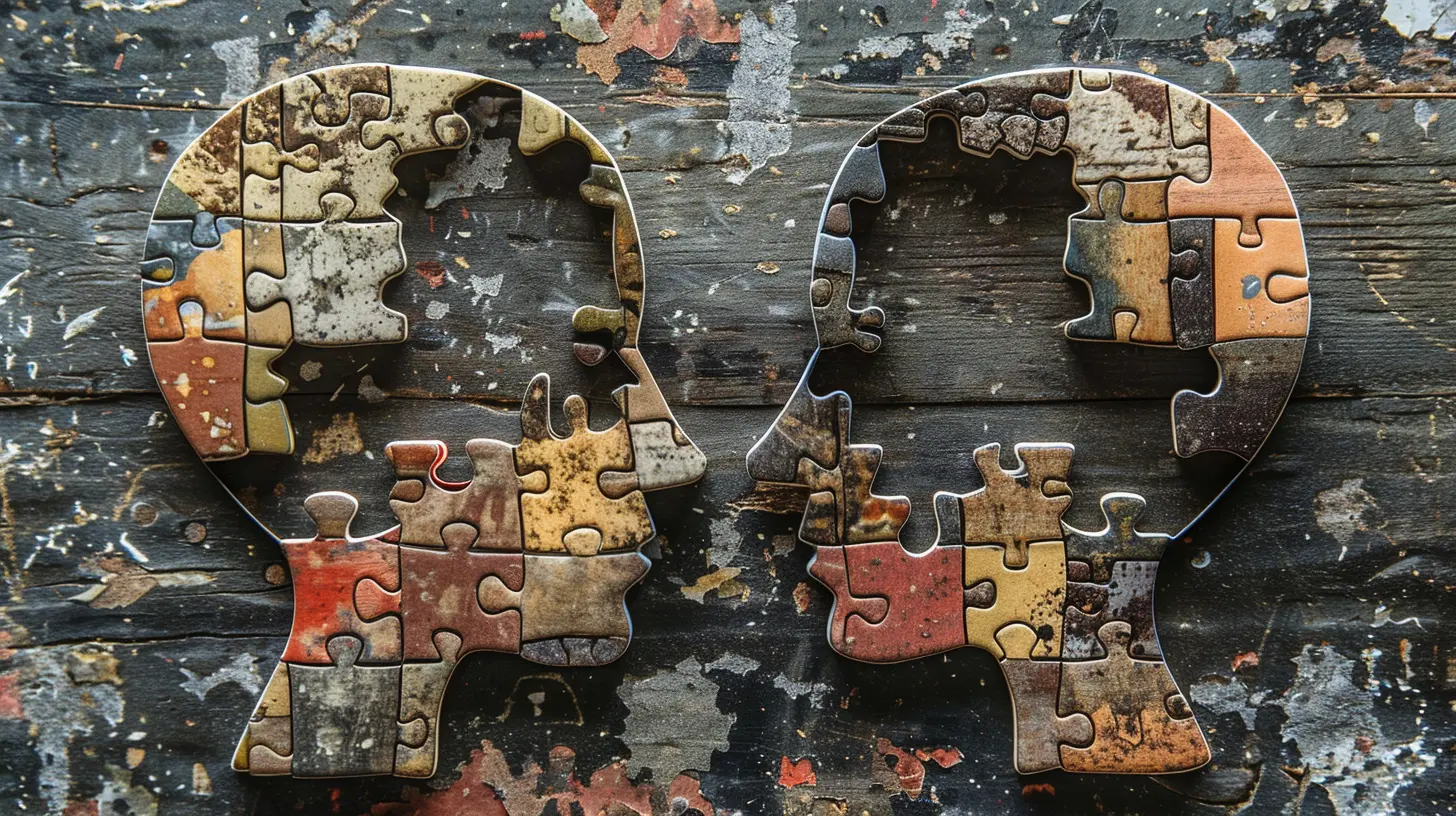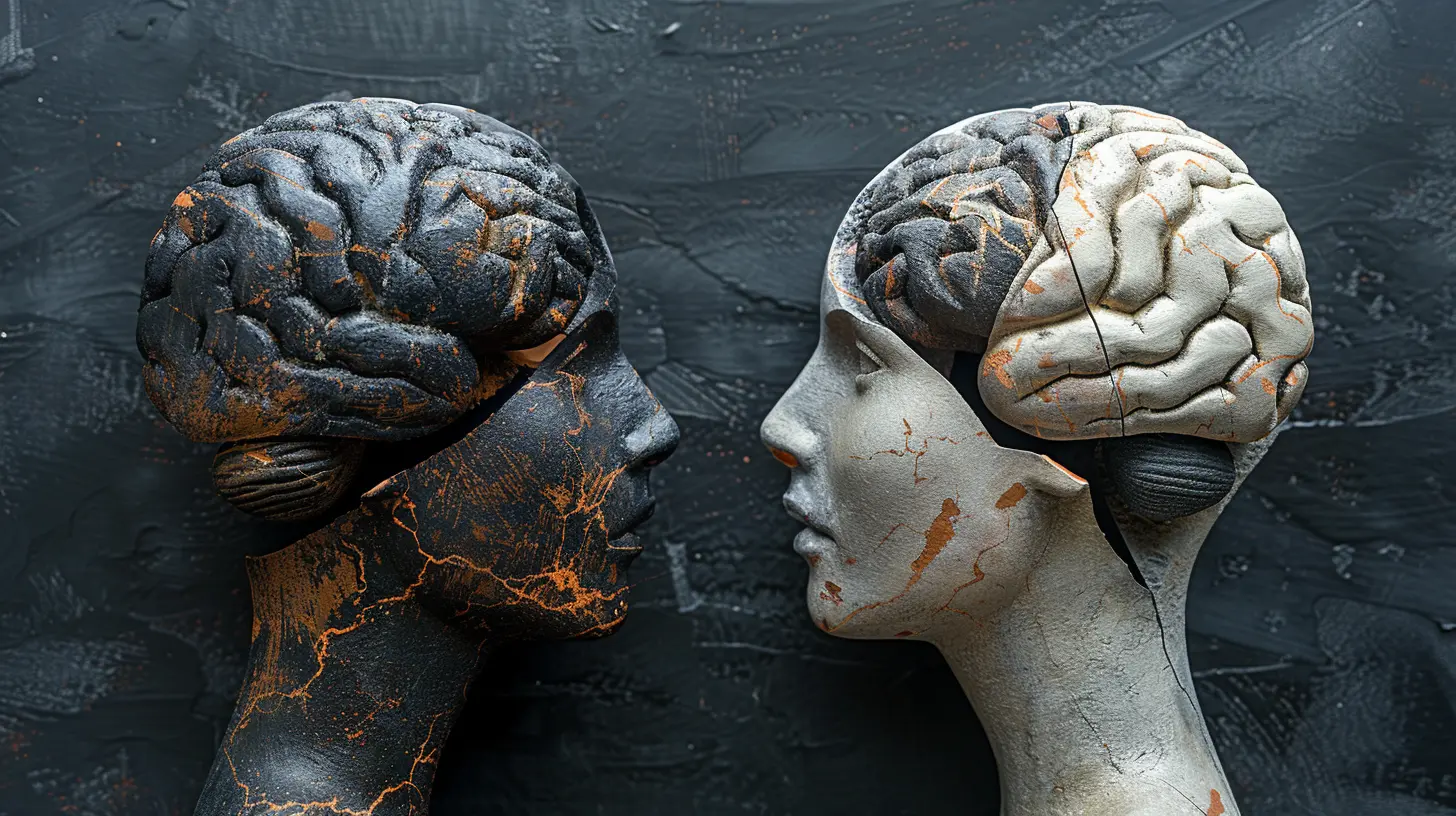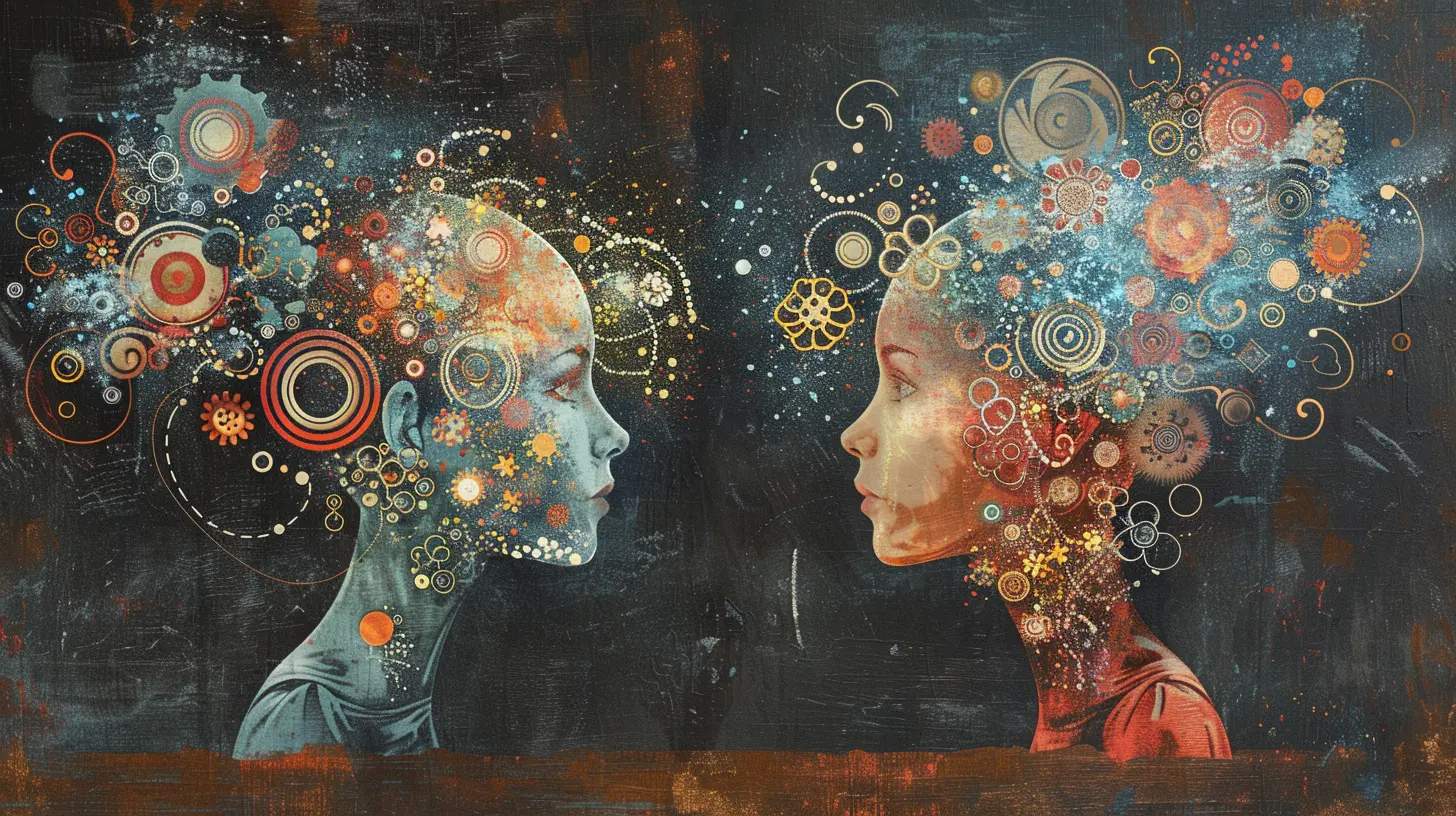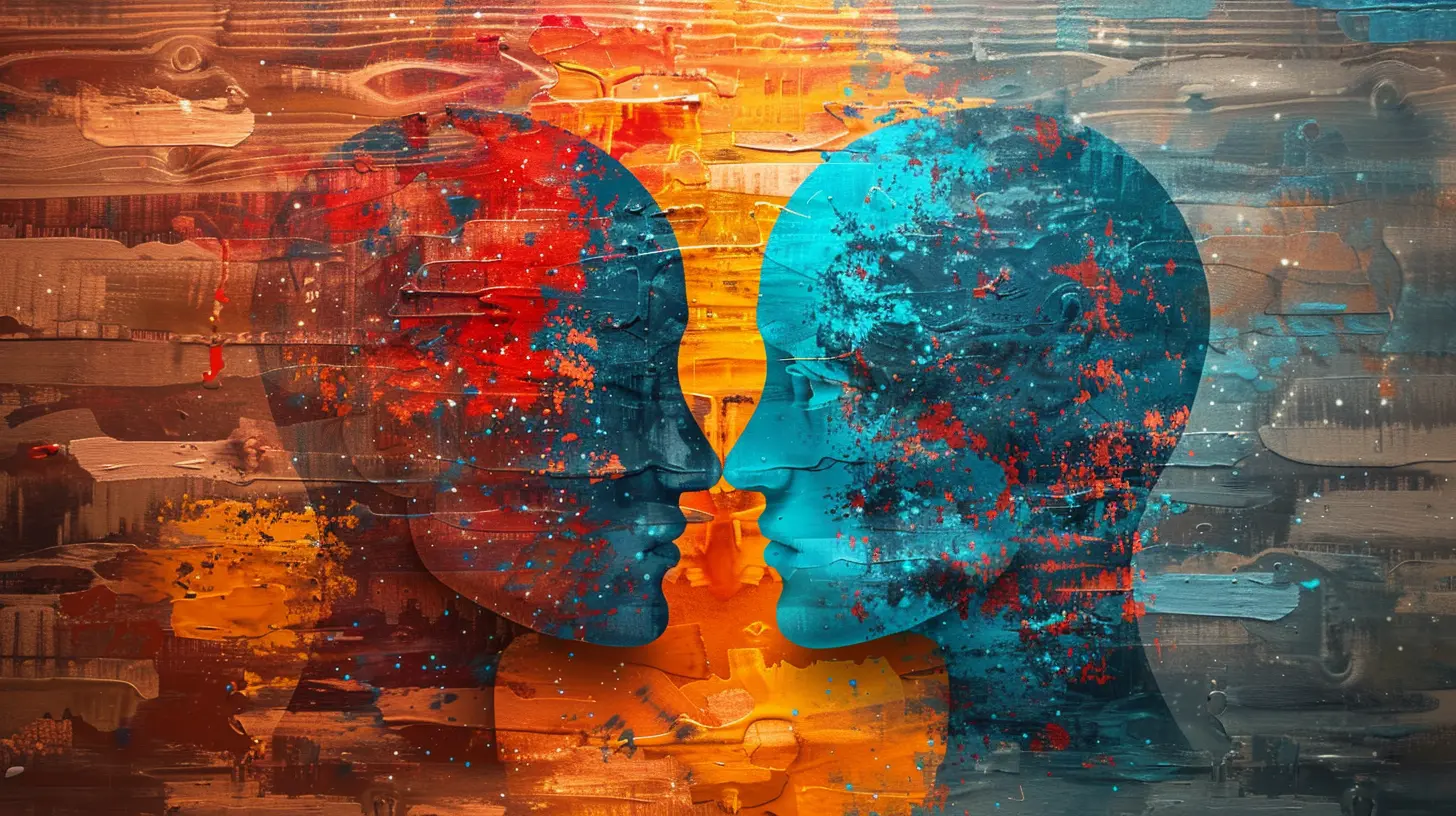Critical Thinking and Emotional Intelligence: A Powerful Pair
19 October 2025
When was the last time you made an important decision? Did you rely only on logic, or did your emotions play a role too? The truth is, our minds and hearts work together more than we realize. Critical thinking and emotional intelligence (EI) might seem like opposites, but they actually complement each other in powerful ways.
Whether you're solving problems at work, handling personal relationships, or making life-changing decisions, combining these two skills can help you navigate challenges with clarity and empathy. But how exactly do they work together? Let's dive in!

What is Critical Thinking?
At its core, critical thinking is the ability to analyze, evaluate, and interpret information logically. It helps us make informed decisions rather than acting on impulse or emotions alone.Traits of a Critical Thinker
A good critical thinker:- Asks questions – They don’t accept information at face value.
- Analyzes evidence – They dig deep to understand the facts.
- Considers multiple perspectives – They explore different angles before making decisions.
- Thinks logically – They separate emotions from facts when making judgments.
Critical thinking is essential in education, business, and everyday life. From choosing a career to solving conflicts, thinking critically ensures we're making the best possible choices.

What is Emotional Intelligence?
Emotional intelligence (EI) is the ability to understand, manage, and express emotions effectively. It also involves recognizing and influencing the emotions of others.Key Components of Emotional Intelligence
According to psychologist Daniel Goleman, EI consists of five main elements:1. Self-awareness – Understanding your emotions and their impact.
2. Self-regulation – Managing emotions in healthy ways.
3. Motivation – Staying driven even when faced with obstacles.
4. Empathy – Understanding others' emotions and perspectives.
5. Social skills – Building strong relationships and communication skills.
People with high emotional intelligence tend to be great leaders, communicators, and problem-solvers. They can handle stress, work well with others, and navigate challenging situations with grace.

Why Critical Thinking and Emotional Intelligence Work Best Together
At first glance, critical thinking and emotional intelligence might seem like separate skills. One focuses on logic, while the other deals with emotions. But the magic happens when you combine them!Imagine you're in a heated argument with a friend. Your emotions may tell you to snap back, but your critical thinking skills remind you to pause and analyze the situation logically. Likewise, understanding your friend's emotions (emotional intelligence) helps you respond with empathy rather than defensiveness.
How They Complement Each Other
- Critical thinking prevents emotions from clouding judgment. Instead of making rash decisions, you analyze the situation carefully.- Emotional intelligence keeps critical thinking from being too cold or detached. You don’t just think logically—you consider people's feelings too.
- Together, they create balanced decision-making. You make choices that are both rational and compassionate.
This combination is especially crucial in leadership, parenting, teaching, and any role that involves decision-making and relationships.

Real-Life Applications of Critical Thinking and Emotional Intelligence
These two skills play an essential role in everyday life. Let's look at some practical examples.1. In the Workplace
A great leader needs both critical thinking and emotional intelligence. Imagine you're a manager handling a conflict between two employees. Critical thinking allows you to assess the situation objectively, while emotional intelligence helps you understand feelings and manage tensions. The result? A fair and empathetic resolution.2. In Education
Teachers who use both skills create a better learning environment. Critical thinking allows them to analyze students’ needs and develop the best teaching methods, while emotional intelligence helps them connect with students and support their emotional well-being.3. In Relationships
Whether it’s a friendship or a romantic relationship, combining these skills helps build understanding and trust. Critical thinking prevents misunderstandings, while emotional intelligence allows for deeper emotional connections.4. In Decision-Making
Life is full of tough decisions—choosing a career, making financial choices, handling personal conflicts. A balance of logic and emotion leads to better, more thoughtful decisions.Tips to Develop Both Skills
The good news? Both critical thinking and emotional intelligence can be cultivated over time. Here’s how:Developing Critical Thinking
- Question everything – Don’t accept information without analyzing it.- Seek multiple perspectives – Challenge yourself to explore different viewpoints.
- Practice problem-solving – Work on puzzles and brain teasers to strengthen reasoning skills.
- Stay informed – Read, research, and engage in discussions to expand your knowledge.
Enhancing Emotional Intelligence
- Practice self-awareness – Reflect on your emotions and triggers.- Improve communication skills – Listen actively and express yourself clearly.
- Develop empathy – Try to see situations from others' perspectives.
- Manage stress effectively – Stay calm and approach problems rationally.
The Key to Success: Balance
Think of critical thinking and emotional intelligence like the two wings of a bird. If one is stronger than the other, the flight becomes unsteady. True success—whether in personal life, education, or career—comes from balancing both.The best leaders, decision-makers, and communicators don’t rely solely on logic or emotions. They blend the two seamlessly, making informed choices that also consider human feelings.
Final Thoughts
Critical thinking and emotional intelligence aren’t just fancy buzzwords; they are life-changing skills. The ability to think logically while navigating emotions sets you up for success in every aspect of life.By strengthening these abilities, you’ll make wiser decisions, build stronger relationships, and become a more compassionate, well-rounded individual. So, the next time you're faced with a challenge, remember: think smart, but feel deeply too.
all images in this post were generated using AI tools
Category:
Critical ThinkingAuthor:

Madeleine Newton
Discussion
rate this article
1 comments
Nathan McGuffey
“Critical thinking and emotional intelligence: the dynamic duo we didn’t know we needed! Like peanut butter and jelly, they spread wisdom and compassion on the bread of life. Let’s toast to a future where brains and hearts work hand in hand!”
October 26, 2025 at 2:52 AM

Madeleine Newton
Absolutely! Combining critical thinking with emotional intelligence creates a truly holistic approach to decision-making and relationships. Cheers to that partnership!


